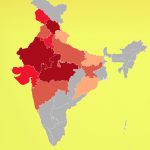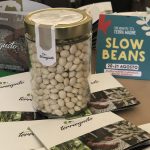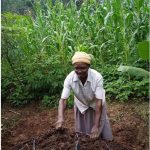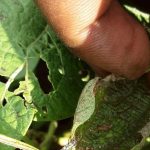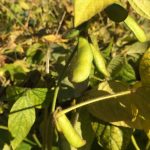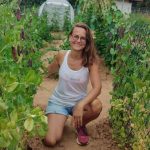This website uses cookies so that we can provide you with the best user experience possible. Cookie information is stored in your browser and performs functions such as recognising you when you return to our website and helping our team to understand which sections of the website you find most interesting and useful.
Heat wave impacts legume yields in India
Cecilia from the Global Bean team at Slow Beans
Global Bean partners: Nikos Dompazis
Drought equals lower legume yields in Germany?
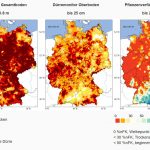
There is no denying that 2022 has been a particularly dry year.
However, for most field crops like pulses, it can be positive to have “dry weather” at the end of the crop cycle for example. Did legume yields suffer from the drought? What parameters are the ones impacting legumes? What are the means to adapt legume cultivation to the drought in Europe?
A CASE OF COWPEAS IN BARINGO COUNTY, KENYA.
The grain legume market in Europe
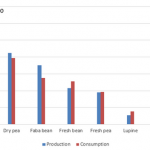
Bruno Kezeya; Cecilia Antoni; Marcus Mergenthaler Production and uses Grain legumes have several agronomic, environmental and dietary benefits. Surprisingly, they play only a minor role in today’s farming systems as well in human nutrition in the EU. In fact, dry grain legumes represent only 2.1 % …

